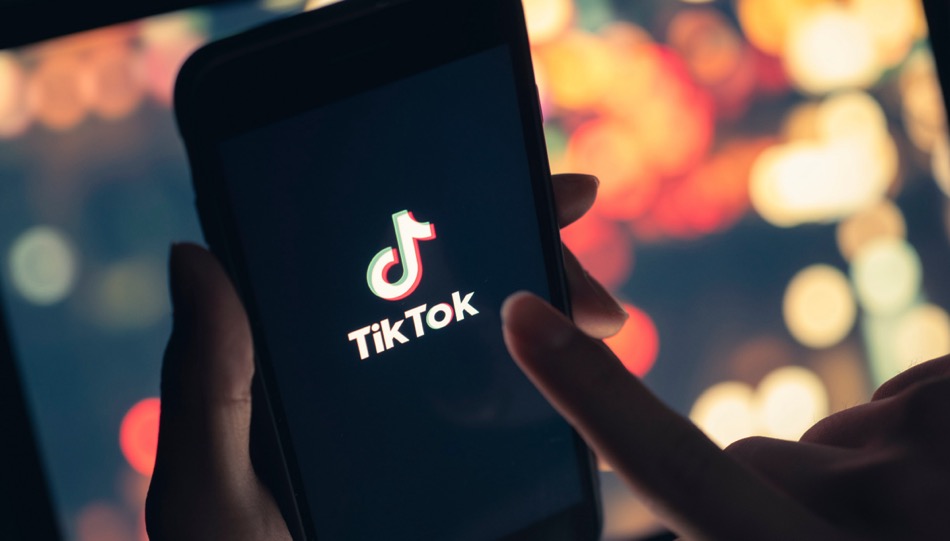
The White House has approved a deal allowing TikTok to continue operating in the United States under a new US-based joint venture, effectively halting enforcement of the federal ban set to take effect this year.
The divestiture is framed as a “qualified” one under federal law, aimed at eliminating foreign control over the app while retaining user access and economic benefits tied to its operations.
Under the approved framework, TikTok’s US operations will be transferred to a new joint venture majority-owned by US investors. ByteDance, TikTok’s Chinese parent company, will retain less than a 20% stake and will only be allowed to appoint one member to the seven-seat board. The board will be composed of US nationals with backgrounds in national security and cybersecurity. Crucially, ByteDance will be excluded from the new entity’s security committee, eliminating its access to sensitive decision-making over algorithmic governance and user data.
Oracle, already TikTok’s cloud infrastructure partner in the US, will take on an expanded role as the platform’s security provider, responsible for independently overseeing the protection of US user data and application updates. According to the White House, this includes monitoring software changes, auditing data flows, and retraining algorithms that use US data under the supervision of “trusted security partners.”
The White House says this setup resolves national security concerns by ending foreign control over recommendation systems, content moderation, and US user data storage, issues that formed the legal basis of the TikTok ban. All American user data will now reside in a “purpose-built cloud environment” located within US territory.
TikTok, owned by Beijing-based ByteDance Ltd., has been under intense scrutiny since 2020 over allegations that the Chinese government could compel the company to hand over US user data or influence its recommendation algorithms. These concerns were intensified by China’s 2017 National Intelligence Law, which requires companies to cooperate with state intelligence requests.
TikTok currently boasts 170 million US users, and its influence on content creators, advertisers, and small businesses has made it a difficult political target despite the security concerns. The Trump administration now claims this deal preserves the platform’s economic footprint, citing projected benefits of $178 billion in economic activity over the next four years, while severing problematic operational ties with ByteDance.
For US users, the new framework means TikTok will remain accessible, with continued support and updates, assuming the divestiture is completed as outlined. Importantly, this also introduces tighter domestic controls over how user data is handled. All machine learning models and recommendation engines tied to US users will require retraining under US oversight, and foreign access to data storage or algorithmic operation is now explicitly prohibited.
While the restructuring addresses the specific concerns of the Protecting Americans from Foreign Adversary Controlled Applications Act, broader privacy advocates remain cautious. As previously reported, organizations like the Electronic Frontier Foundation (EFF) argue that focusing solely on foreign ownership leaves unresolved the systemic issue of weak US consumer data protections. Without federal privacy legislation, platforms, foreign or domestic, can still harvest and monetize personal information in ways that lack transparency or accountability.







You cant even sign up for these services . I mean : You CAN sign up the way they want , but why ? Service dont work . Move on .
With this administration, the security concerns are actually in the room with you right now.
This had nothing to do with legitimate “security concerns” for the American public, and everything to do with ensuring BigTech (and government by proxy) can be fully in control of the spying & censorship of the American people. And of course, enrich themselves off of it, but that was a given.
If you think this spyware (along with all BigTech and AI) won’t be used directly against people & groups of people (read:minorities) for political agendas and direct targeting… Well, ignorance is indeed bliss.
Well said, Sammy.
I work with a very vulnerable population (disabled chronic illness… mostly women). But I get blank stares if I suggest personal and medical info shared on social media can be weaponized against them.
Nearly all the patient support groups are on Facebook (“supporting” patients by siphoning their data to adtech is next-level madness), but many use TikTok as well.
It’s complete reality denial about the world today. But I feel particularly badly for the severely isolated bedbound ones, desperately ill often with no option for consistent human contact other than social media.